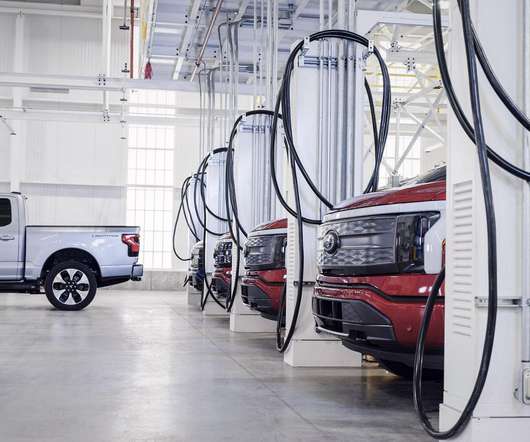Monash University, Toyota Research Institute team develop family of borane-based ionic liquids for advanced battery electrolytes
Green Car Congress
NOVEMBER 1, 2018
A team from Monash University, a leading university in Australia, and the Toyota Research Institute North America (TRINA), a division of Toyota Motor North America R&D (TMNA) based in Ann Arbor, Michigan, reports a novel family of closo-boron-cluster based room temperature ionic liquids (RTILs). Photo Credit: Dr. Mega Kar.






























Let's personalize your content